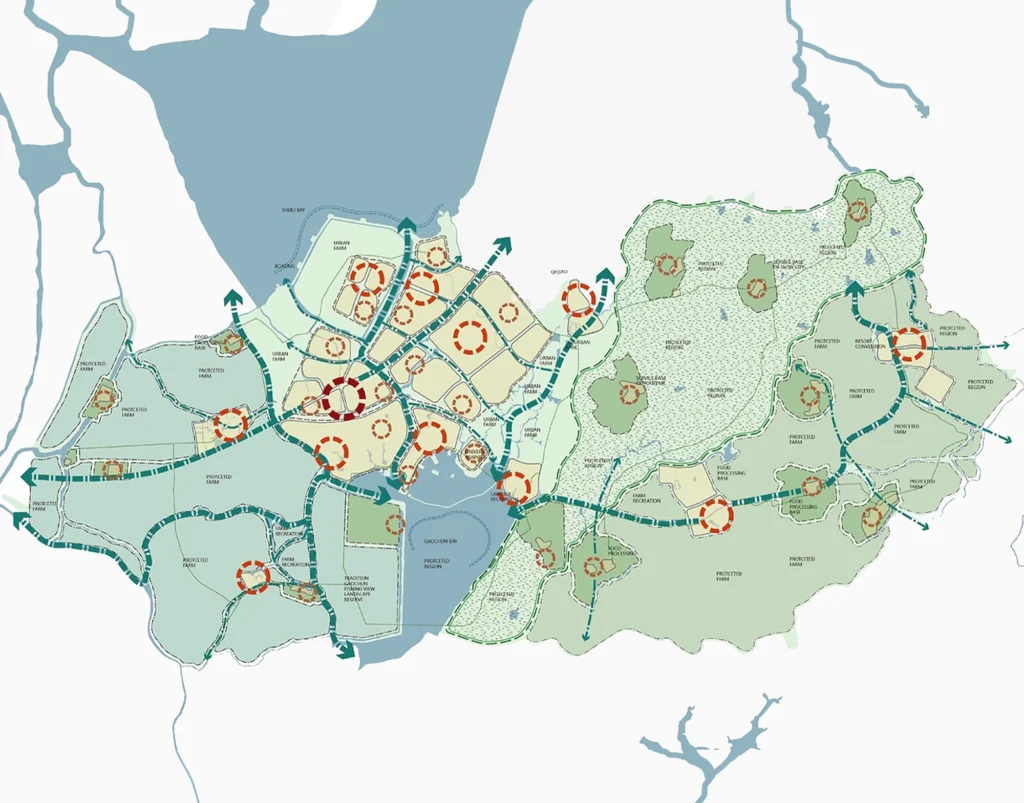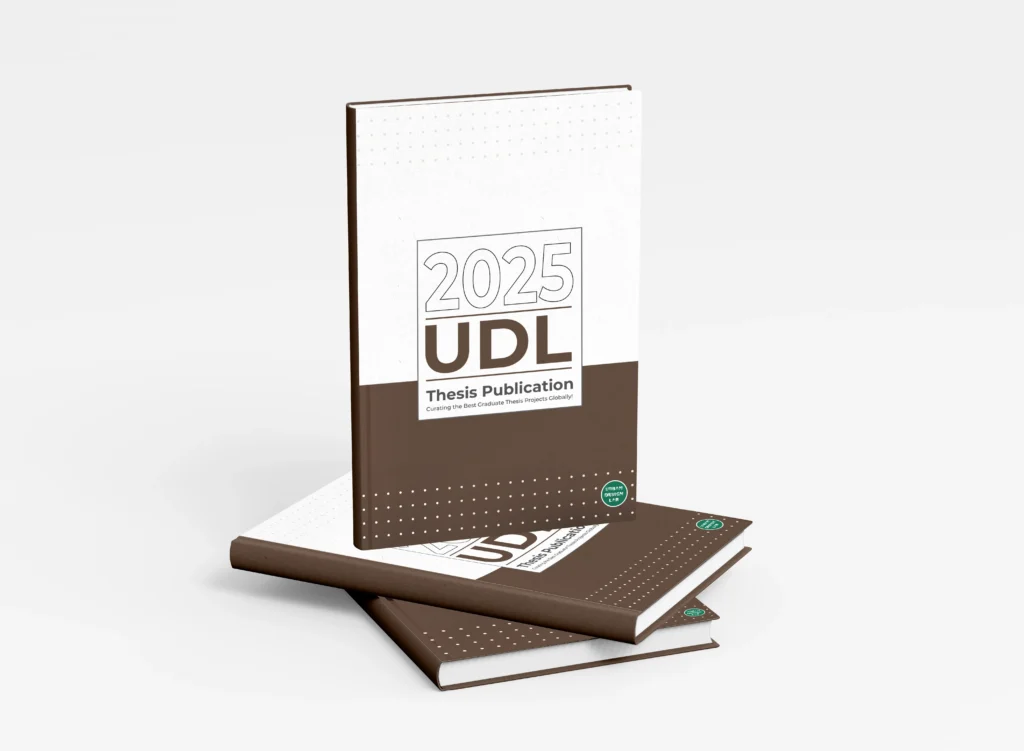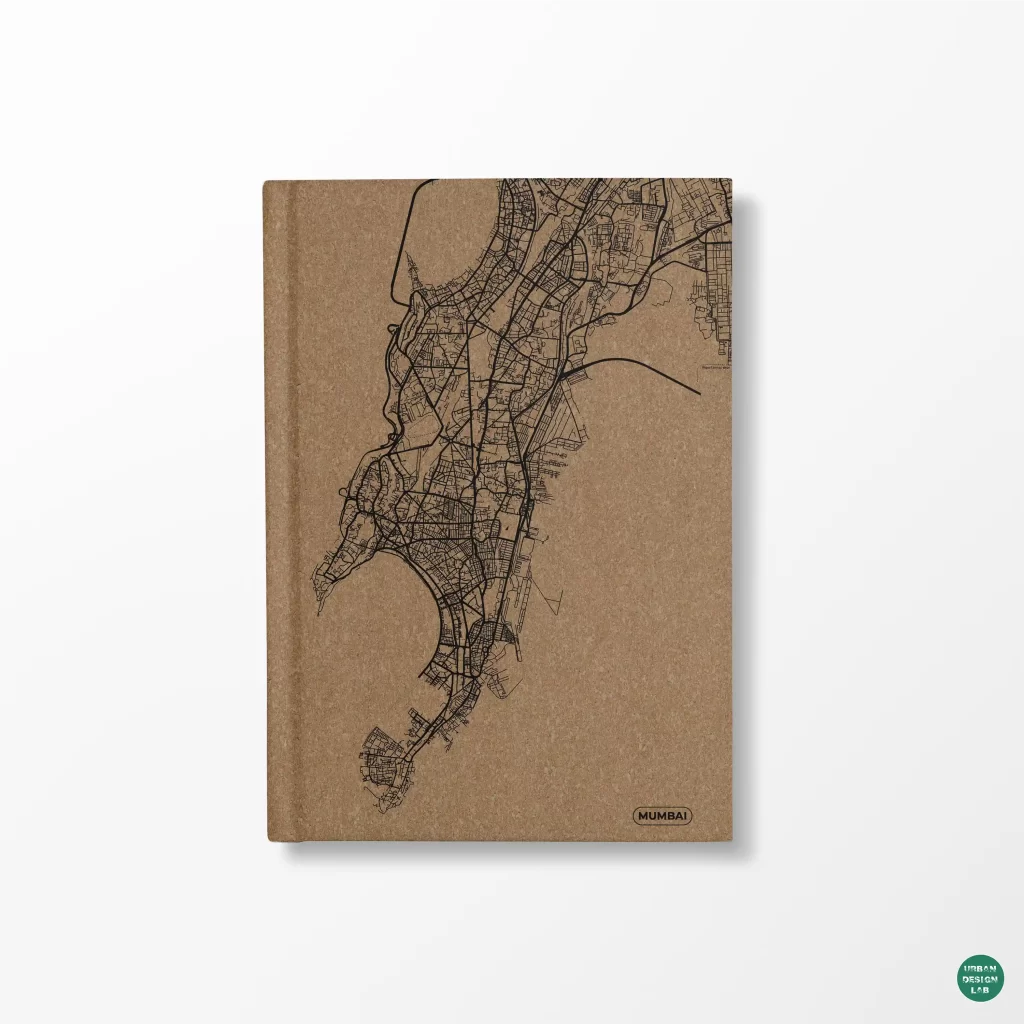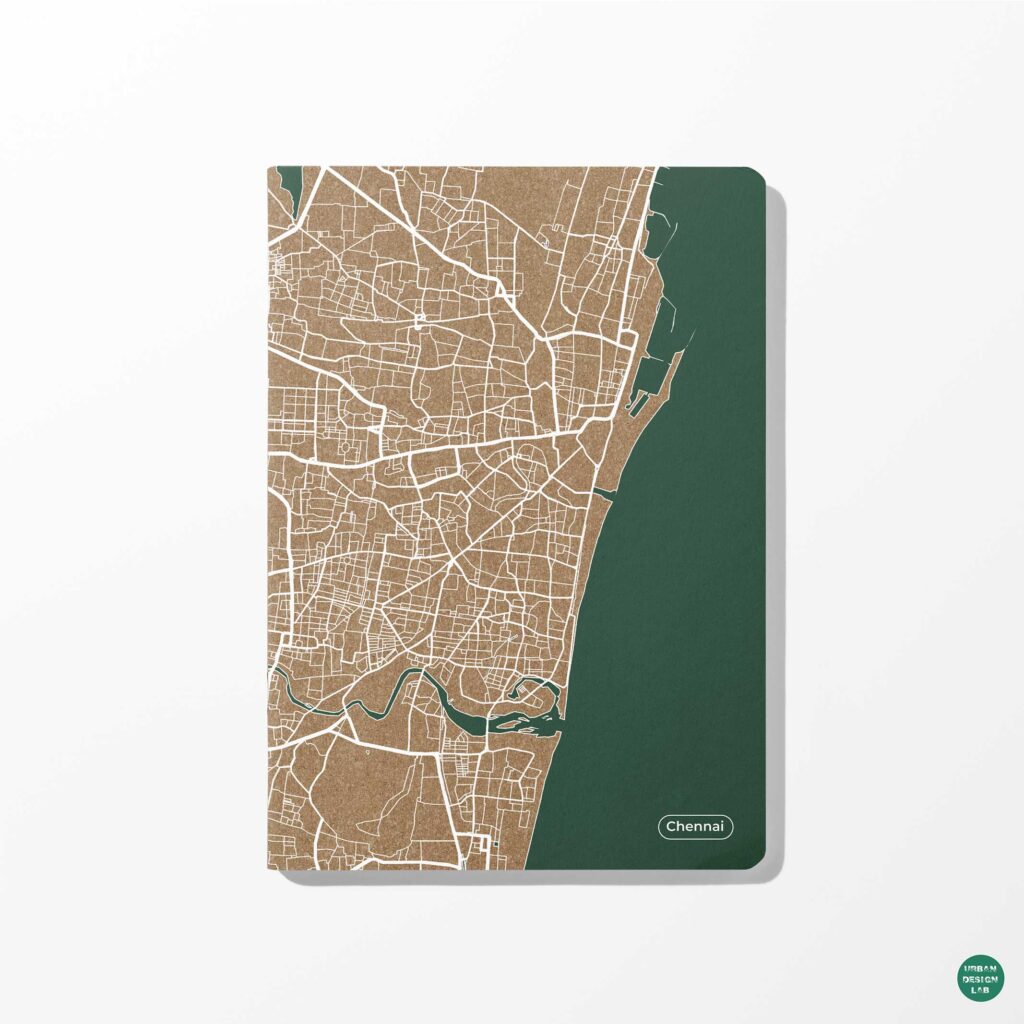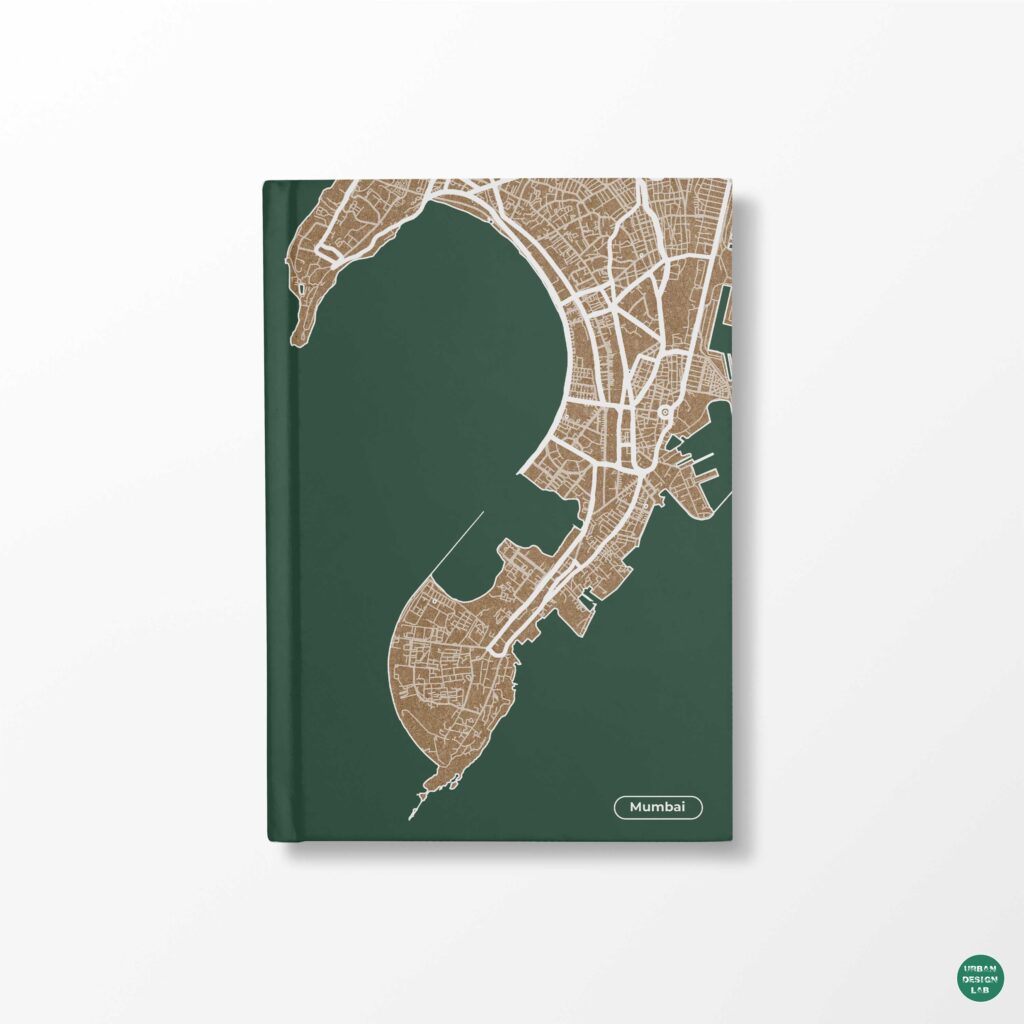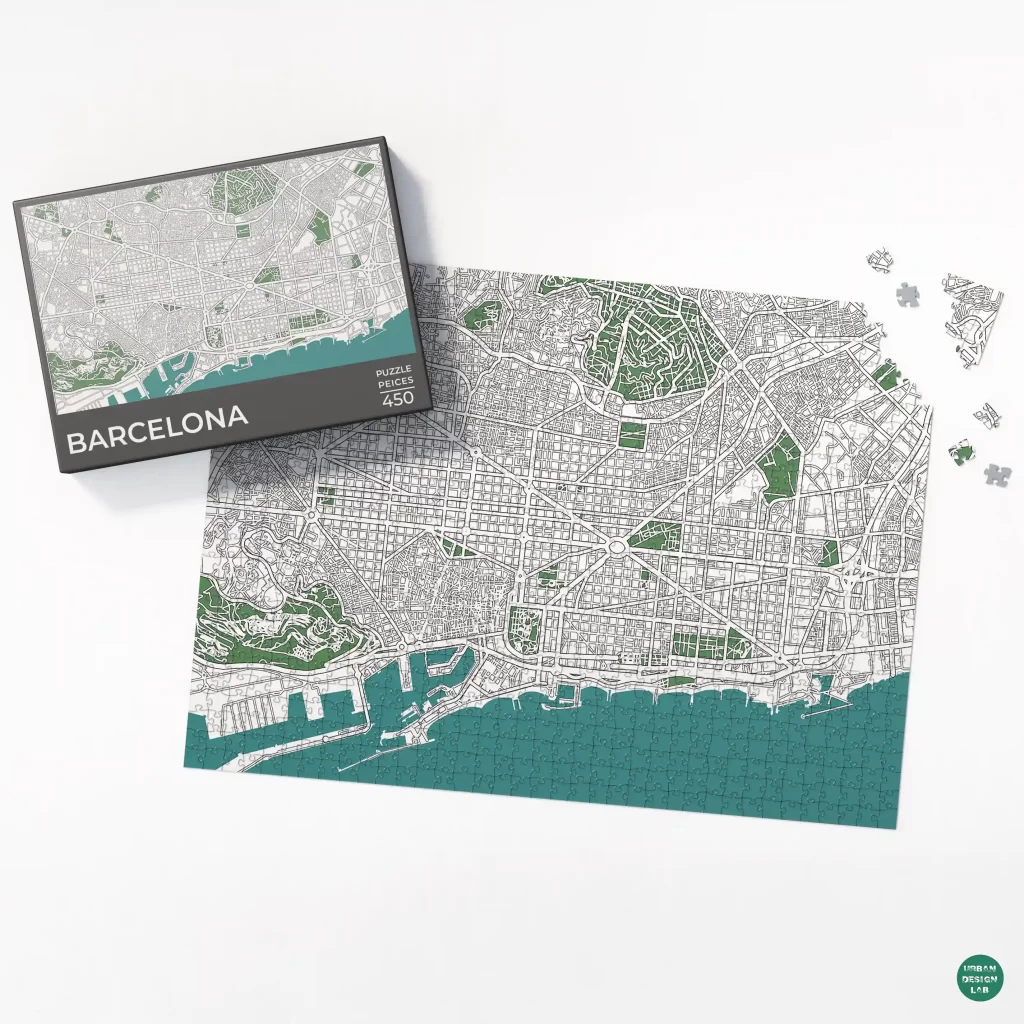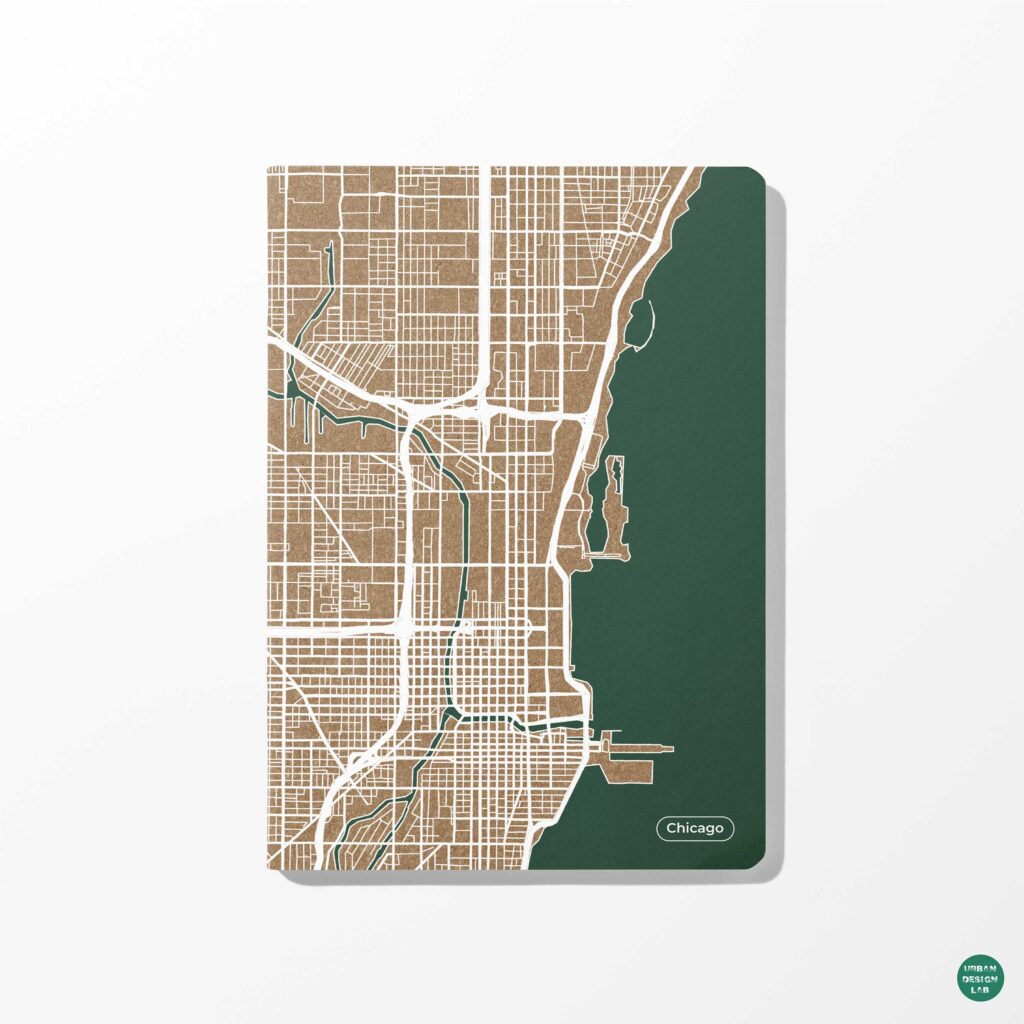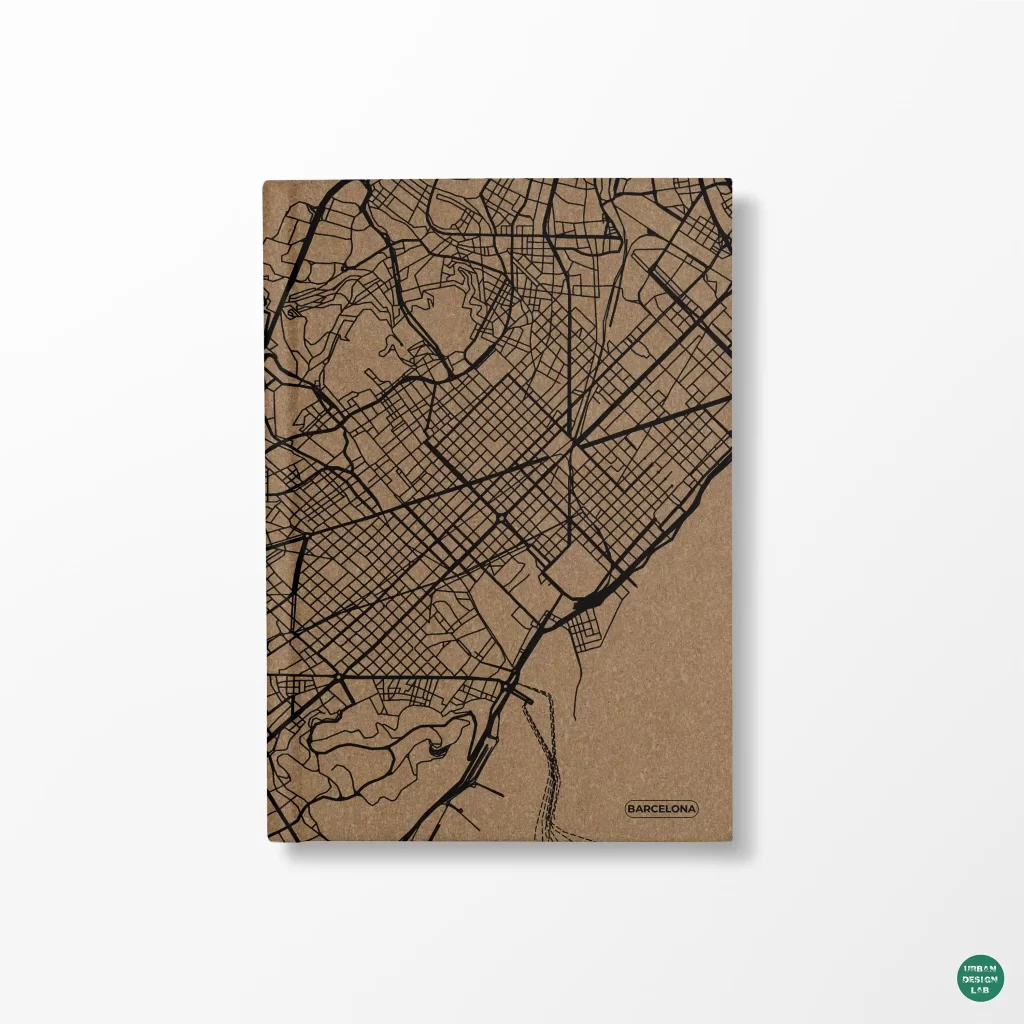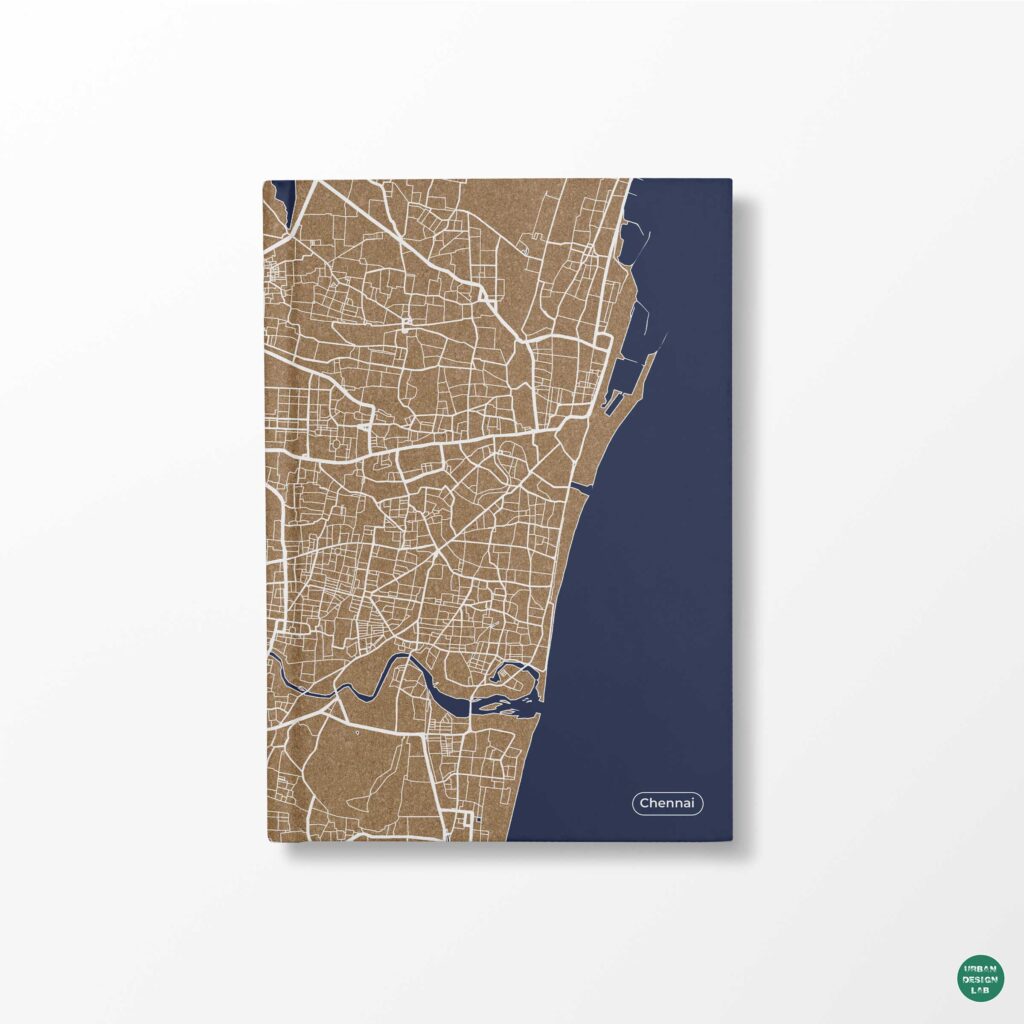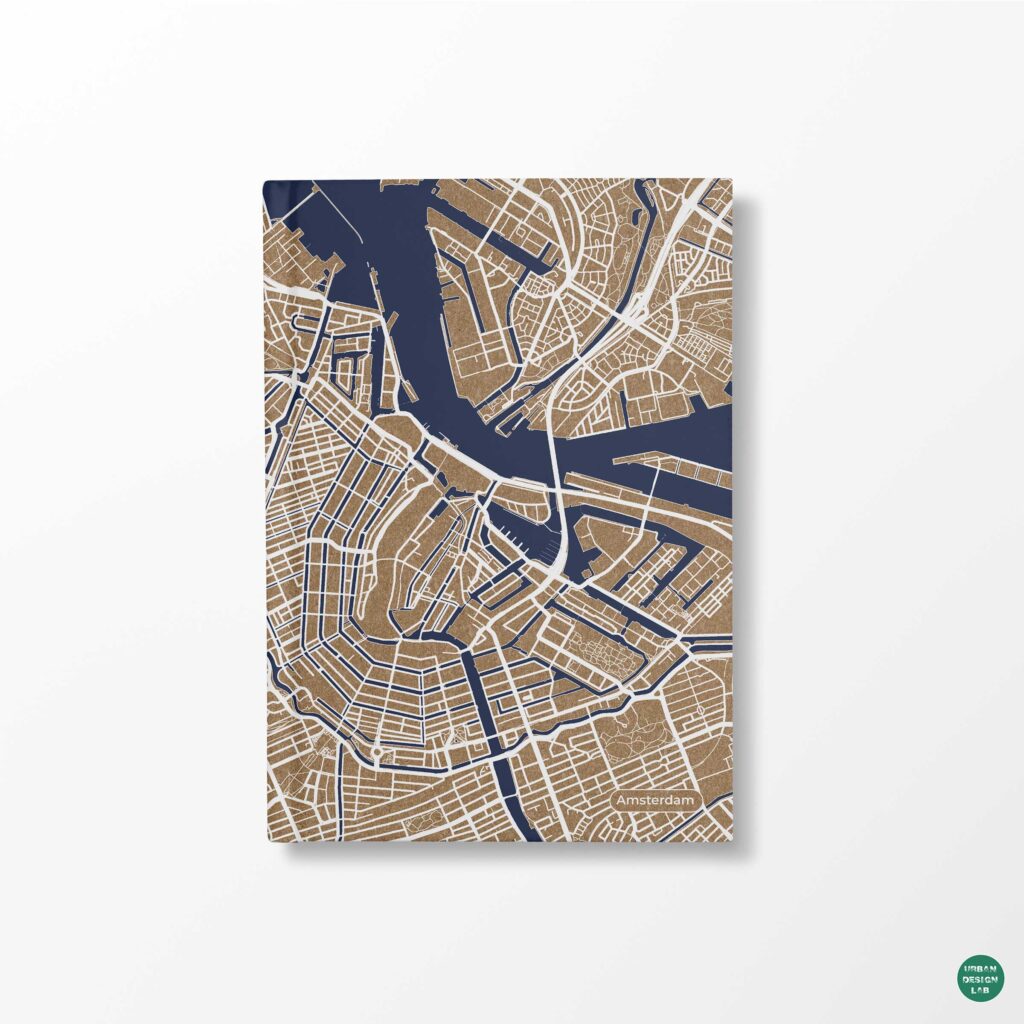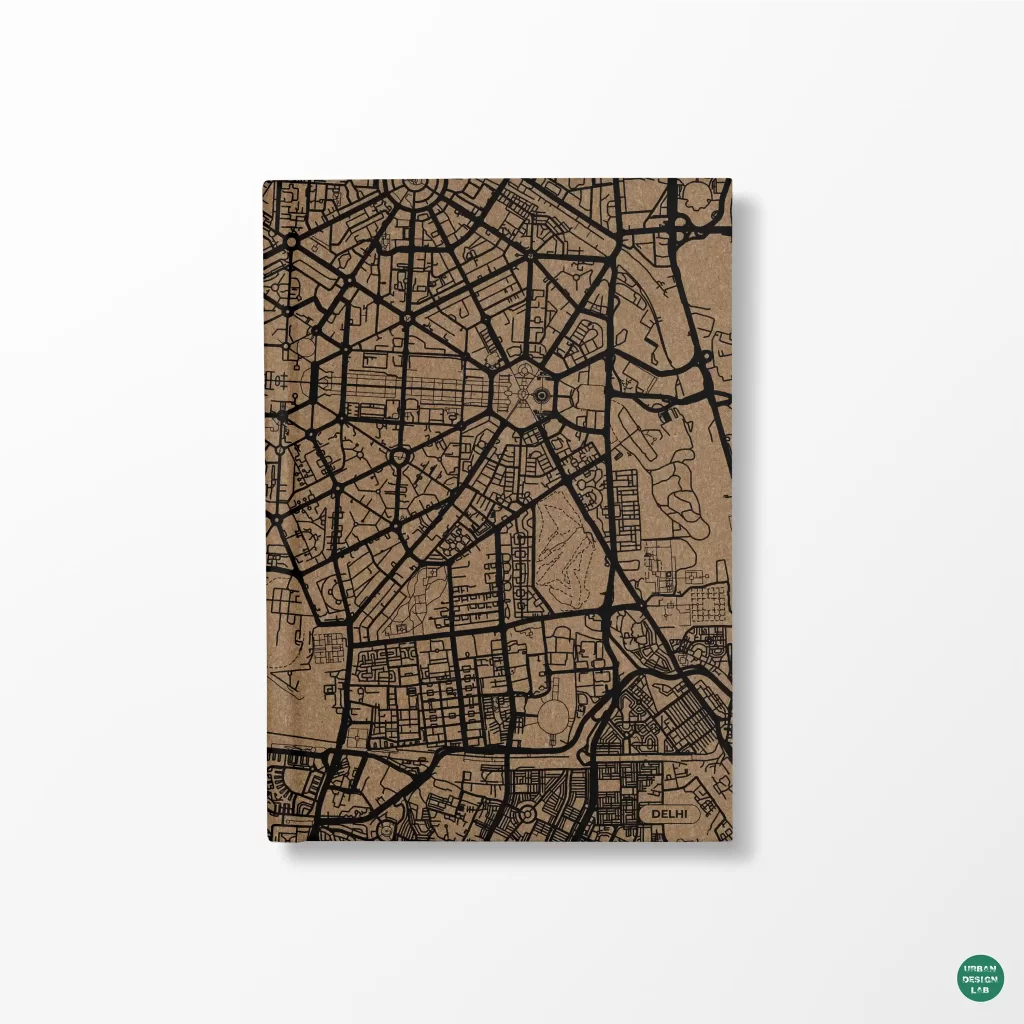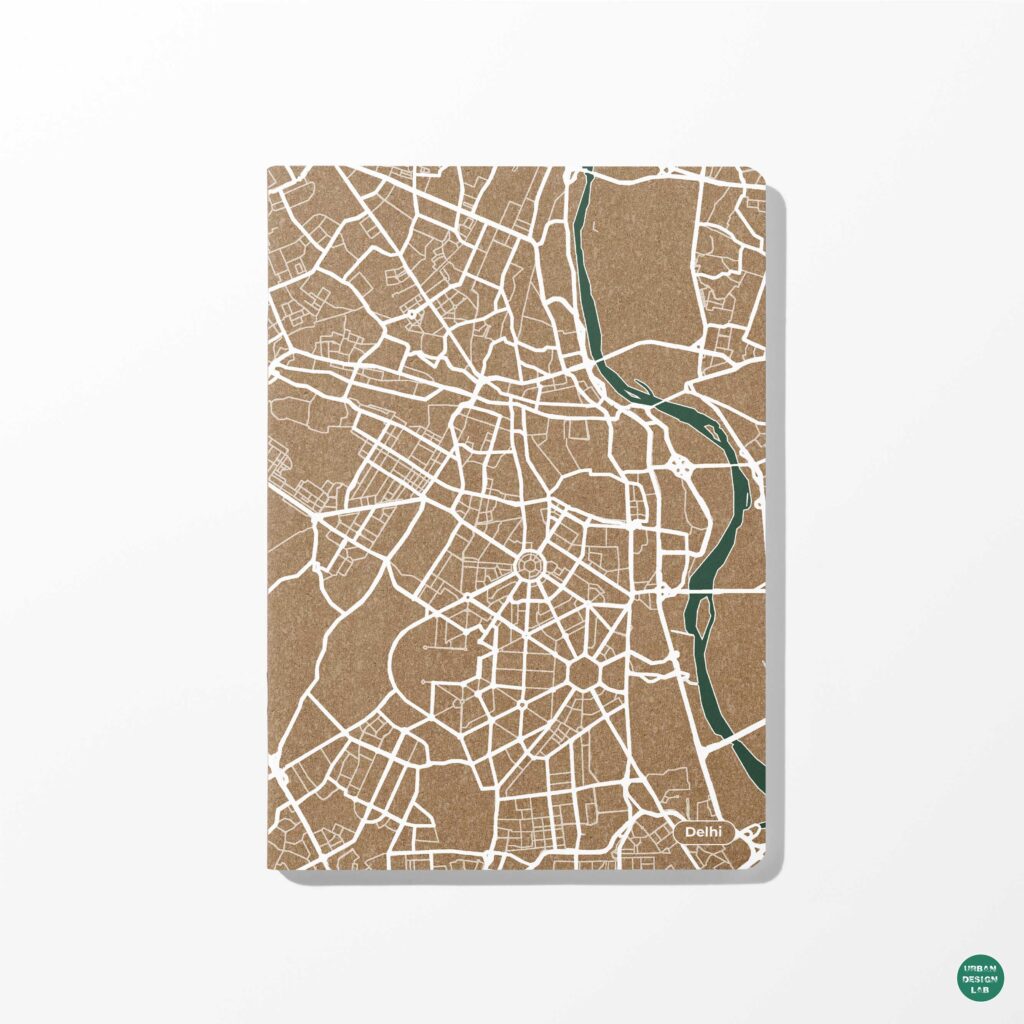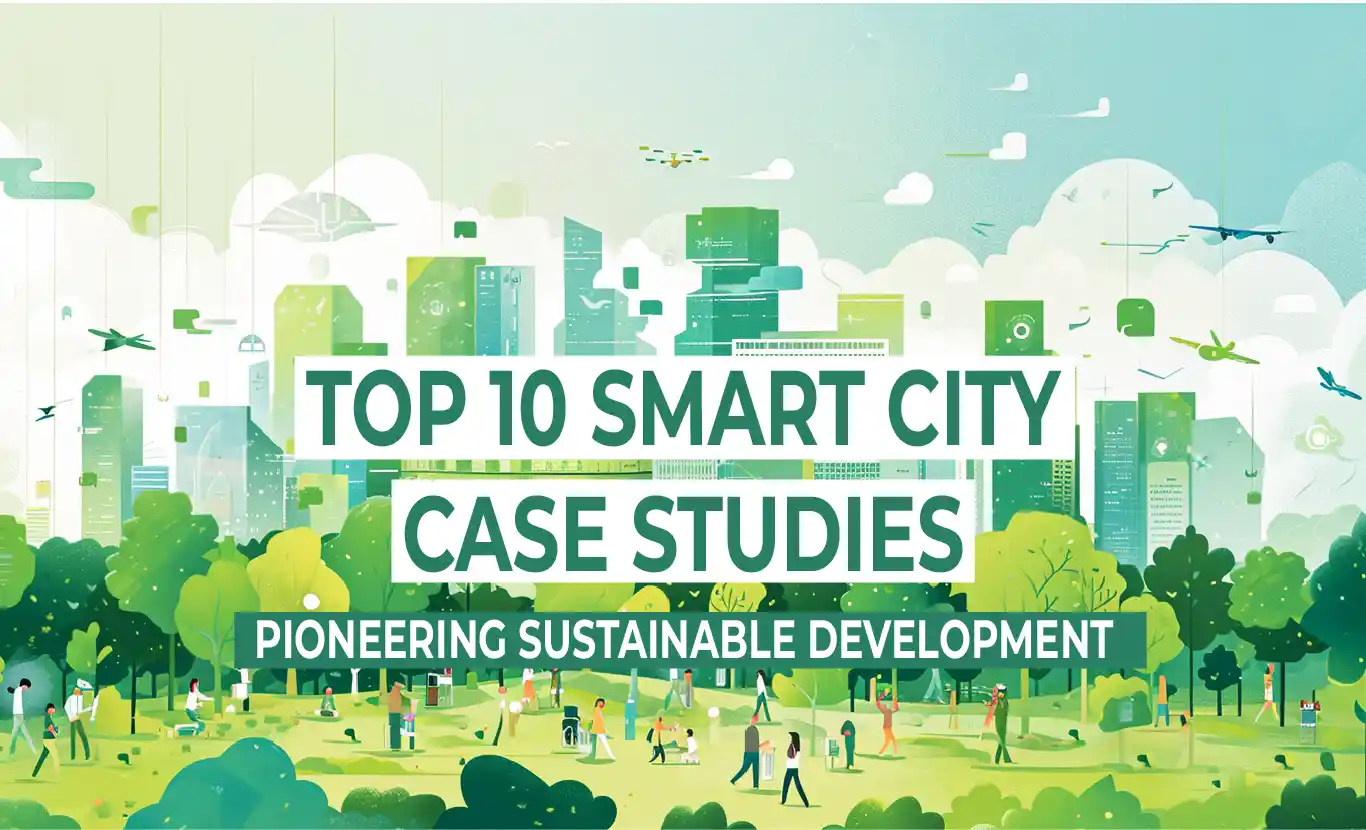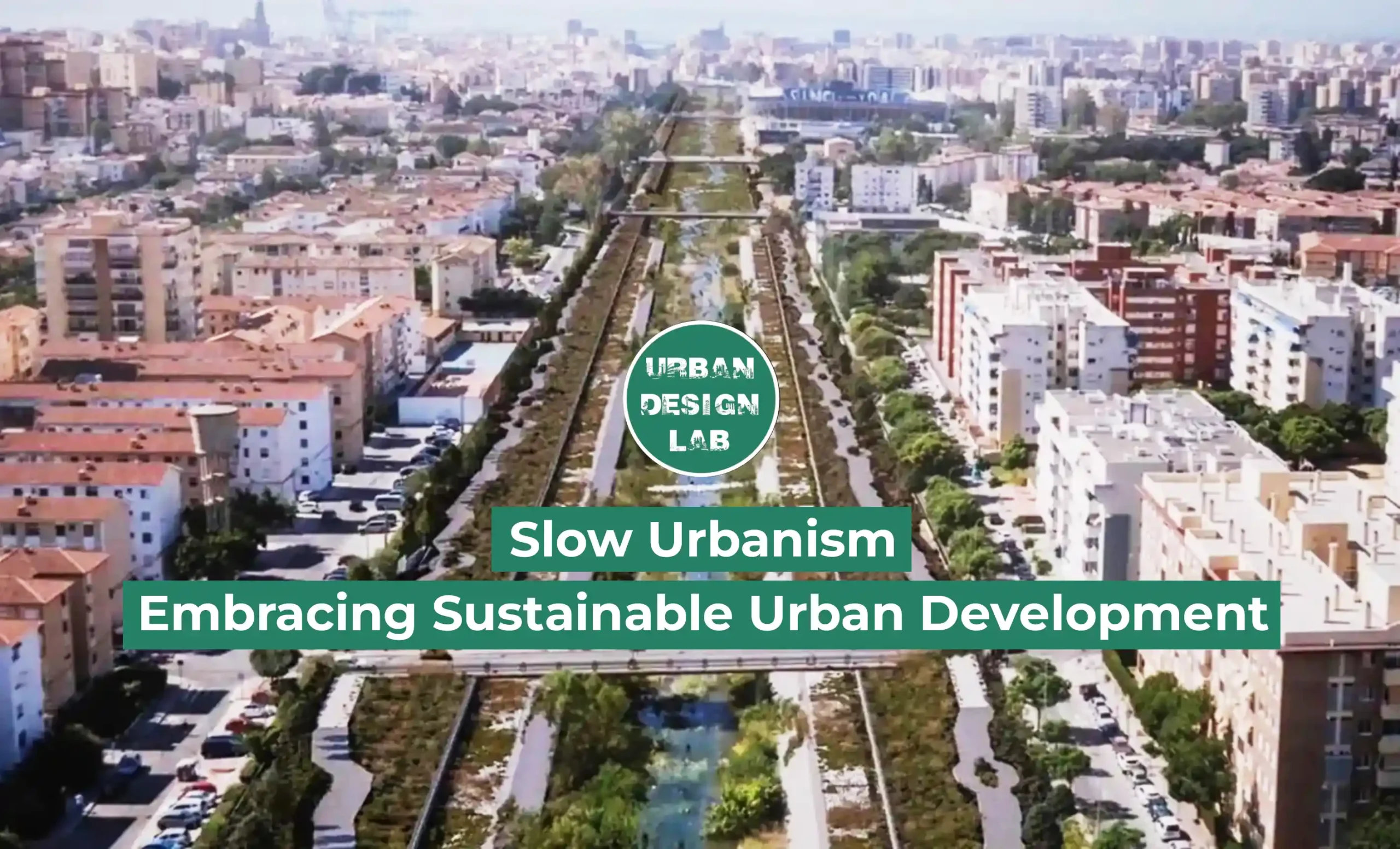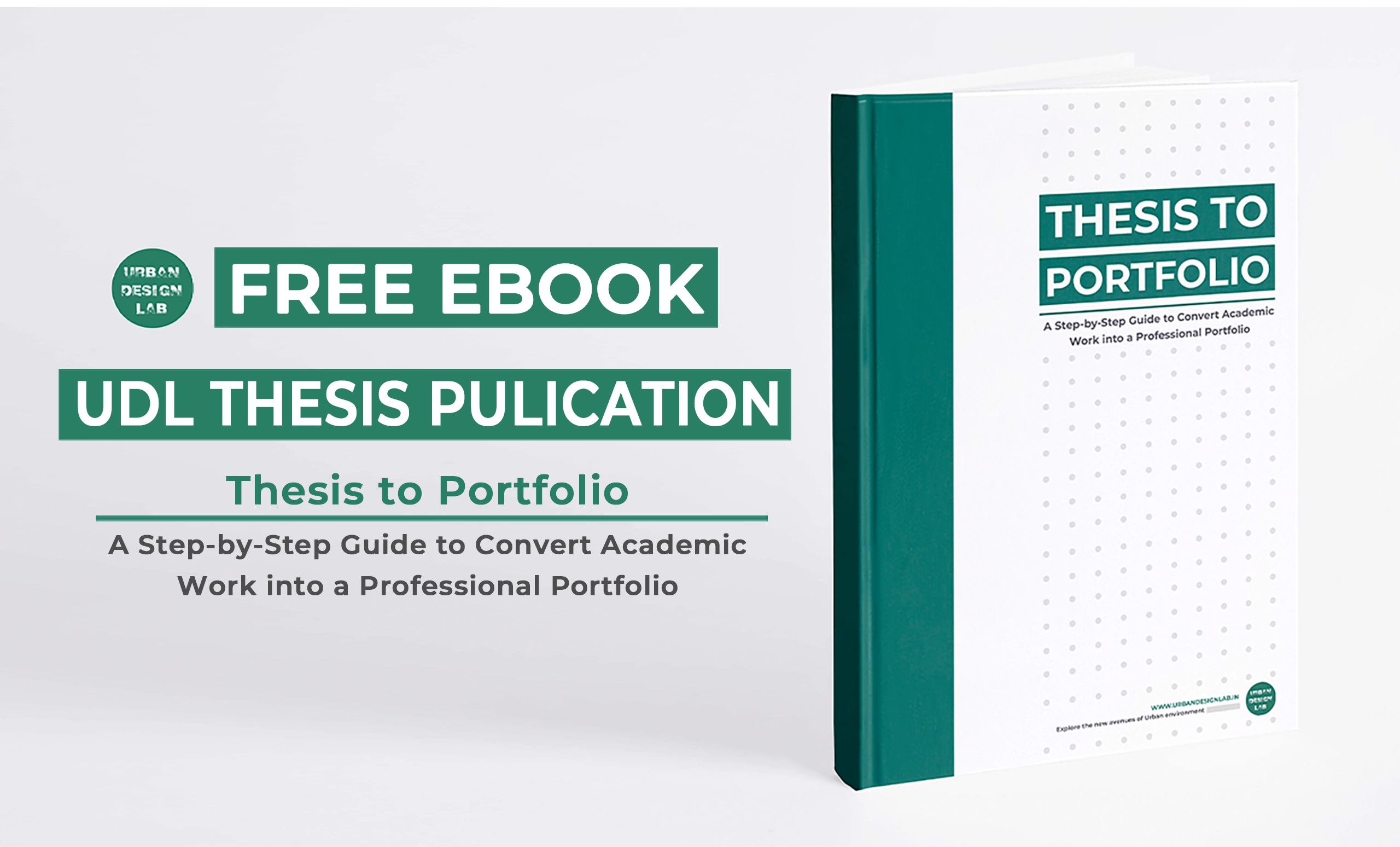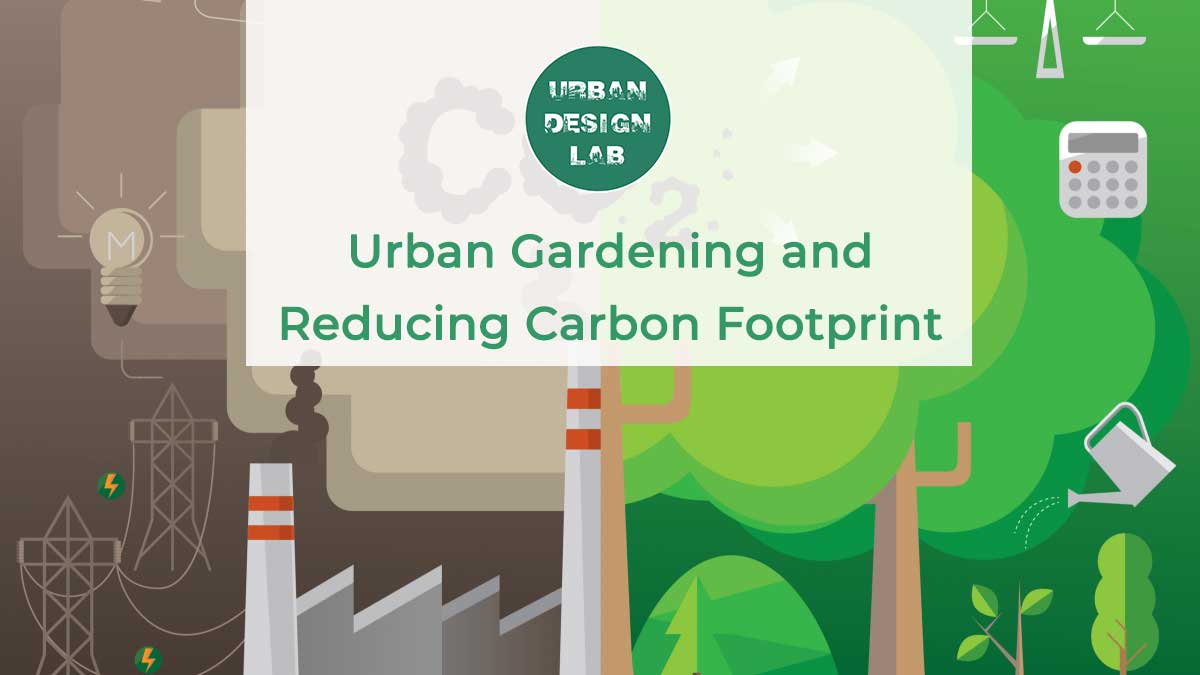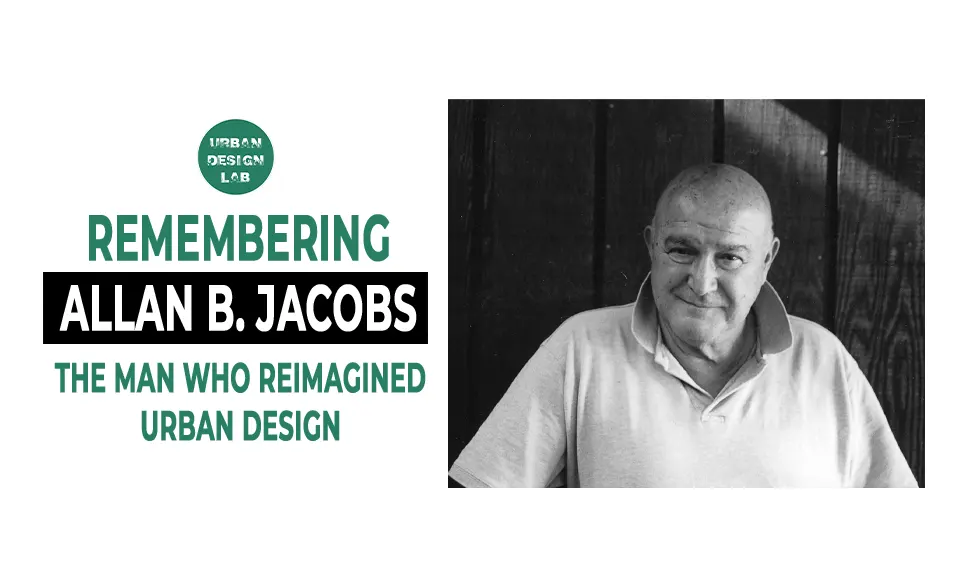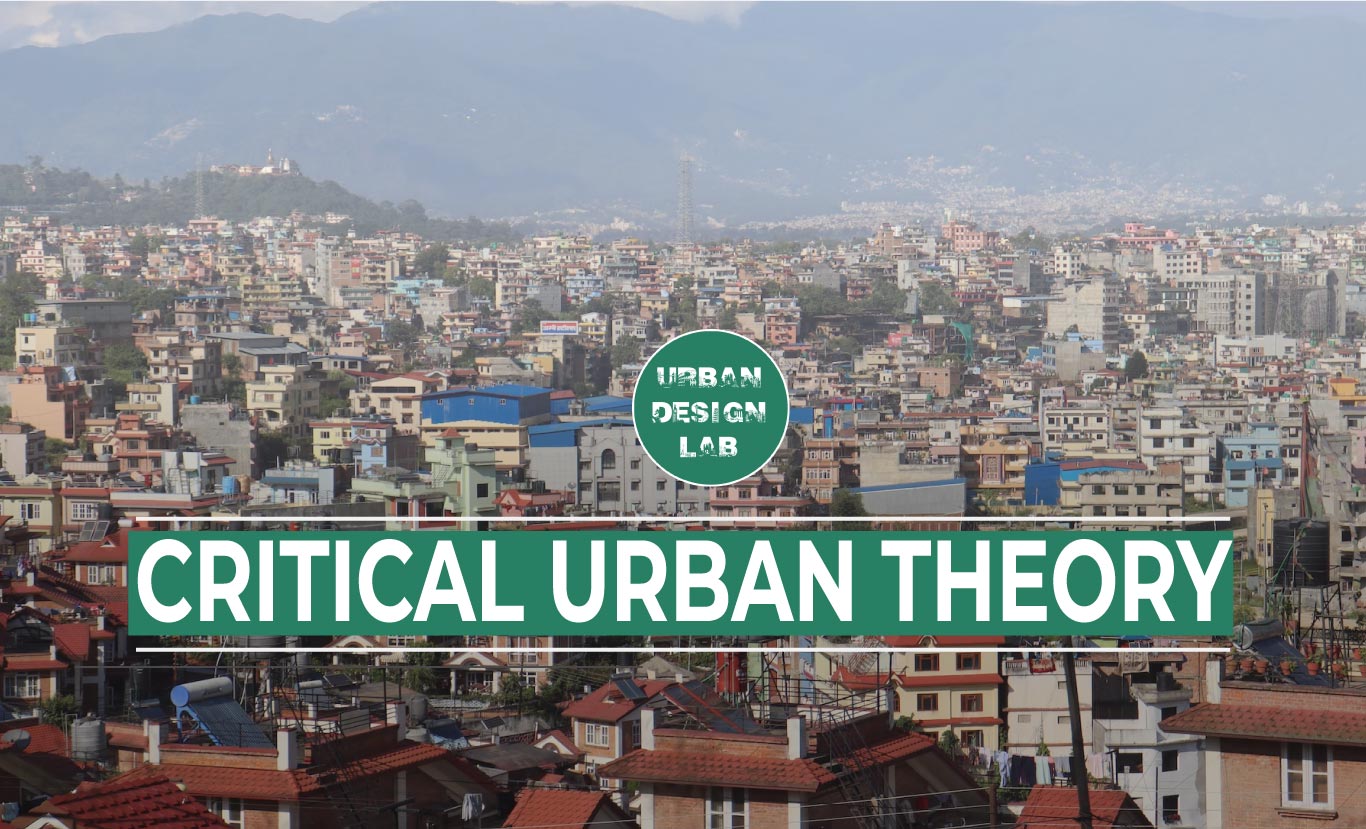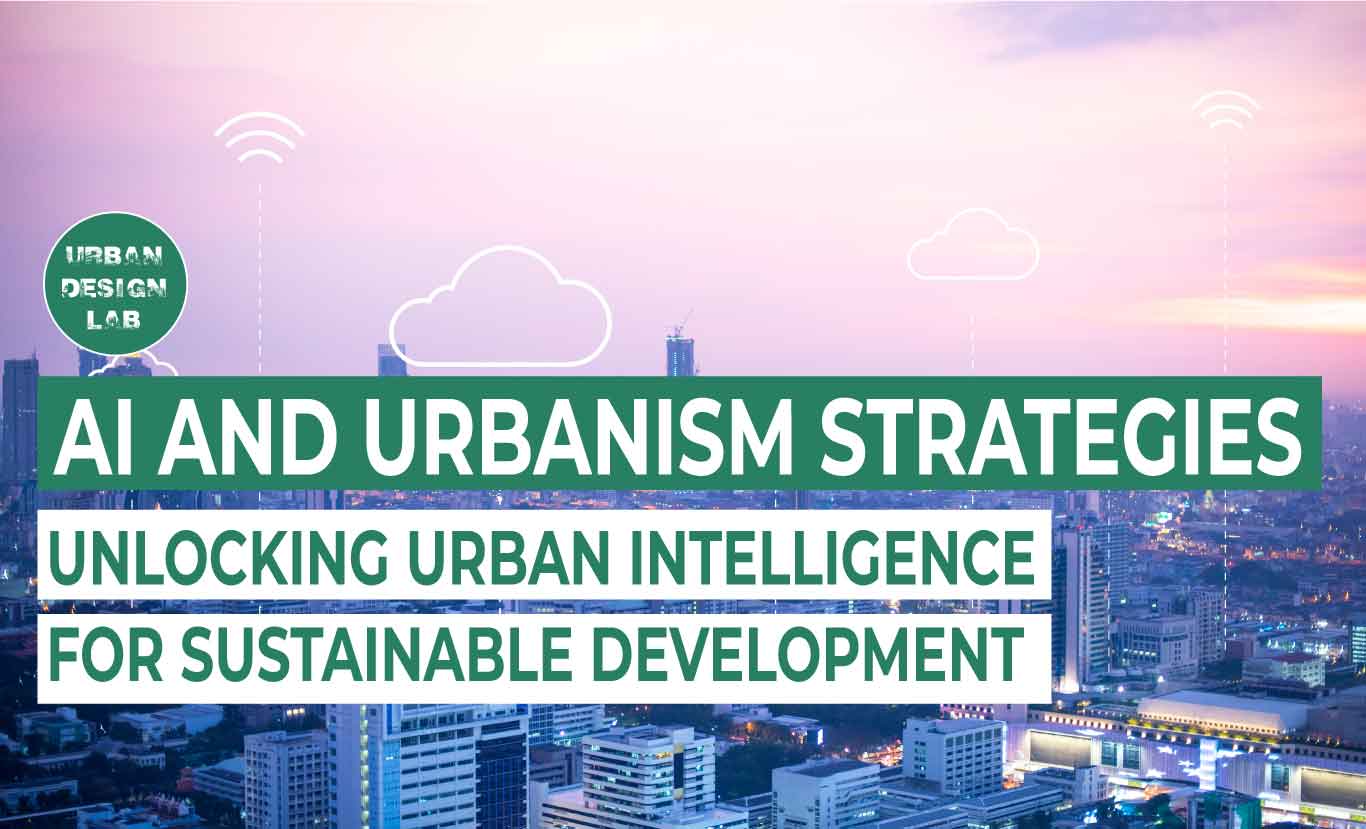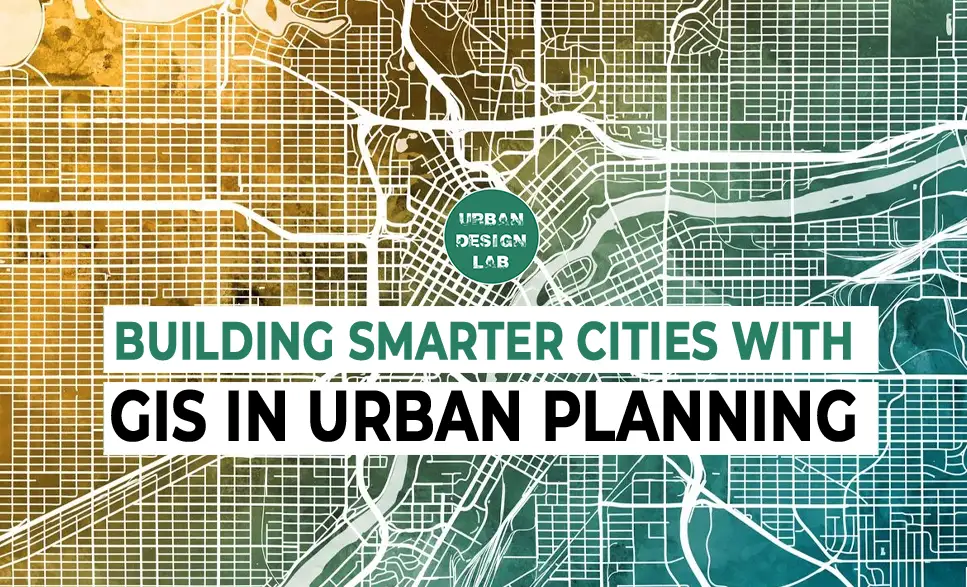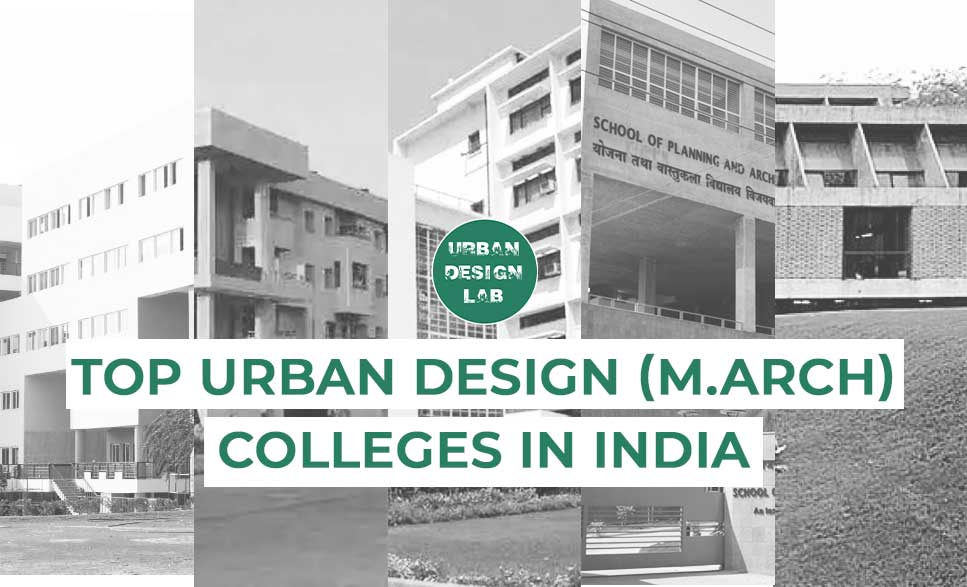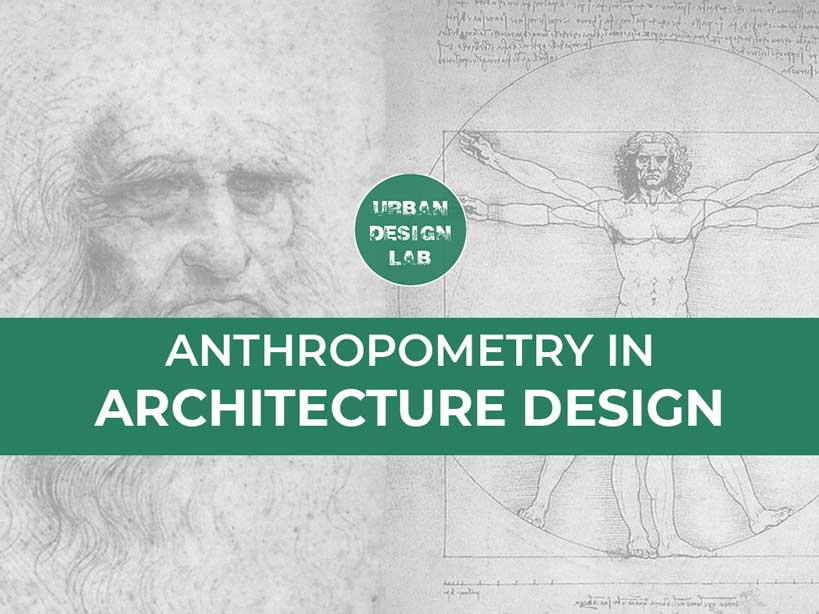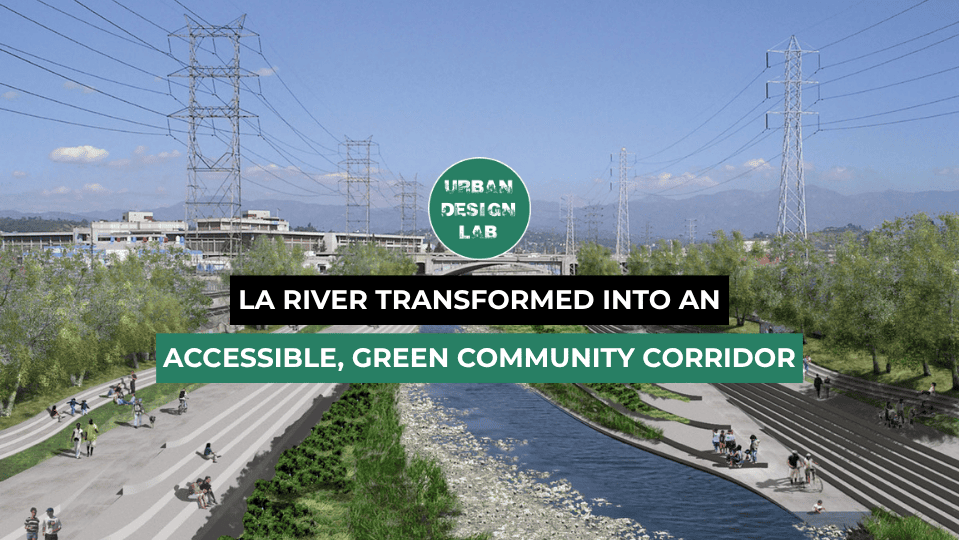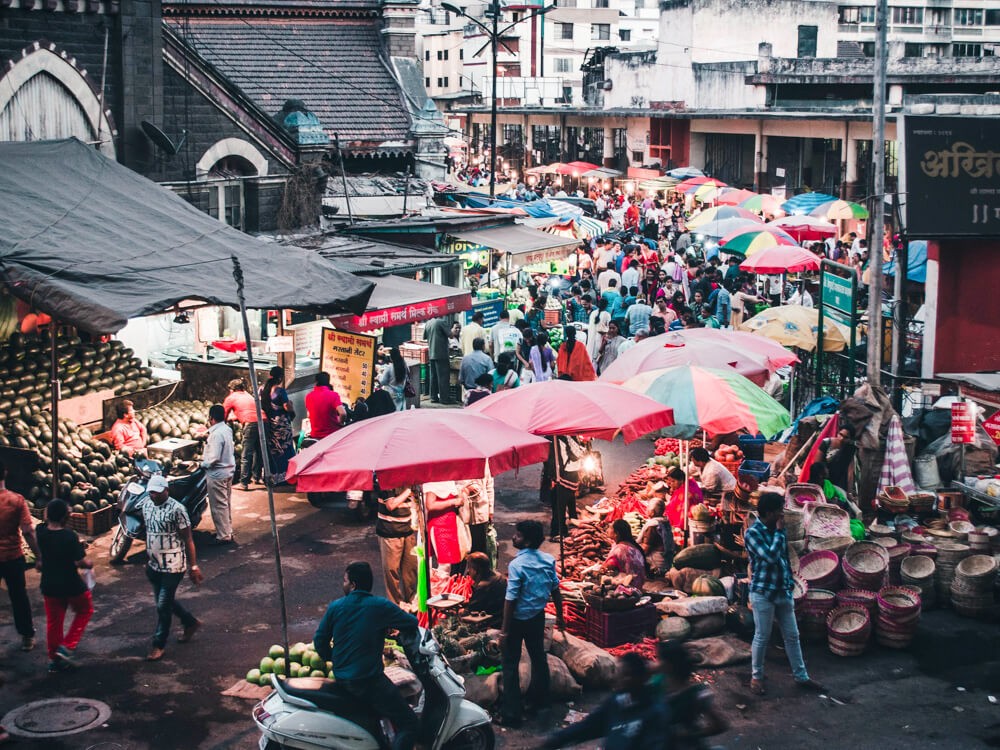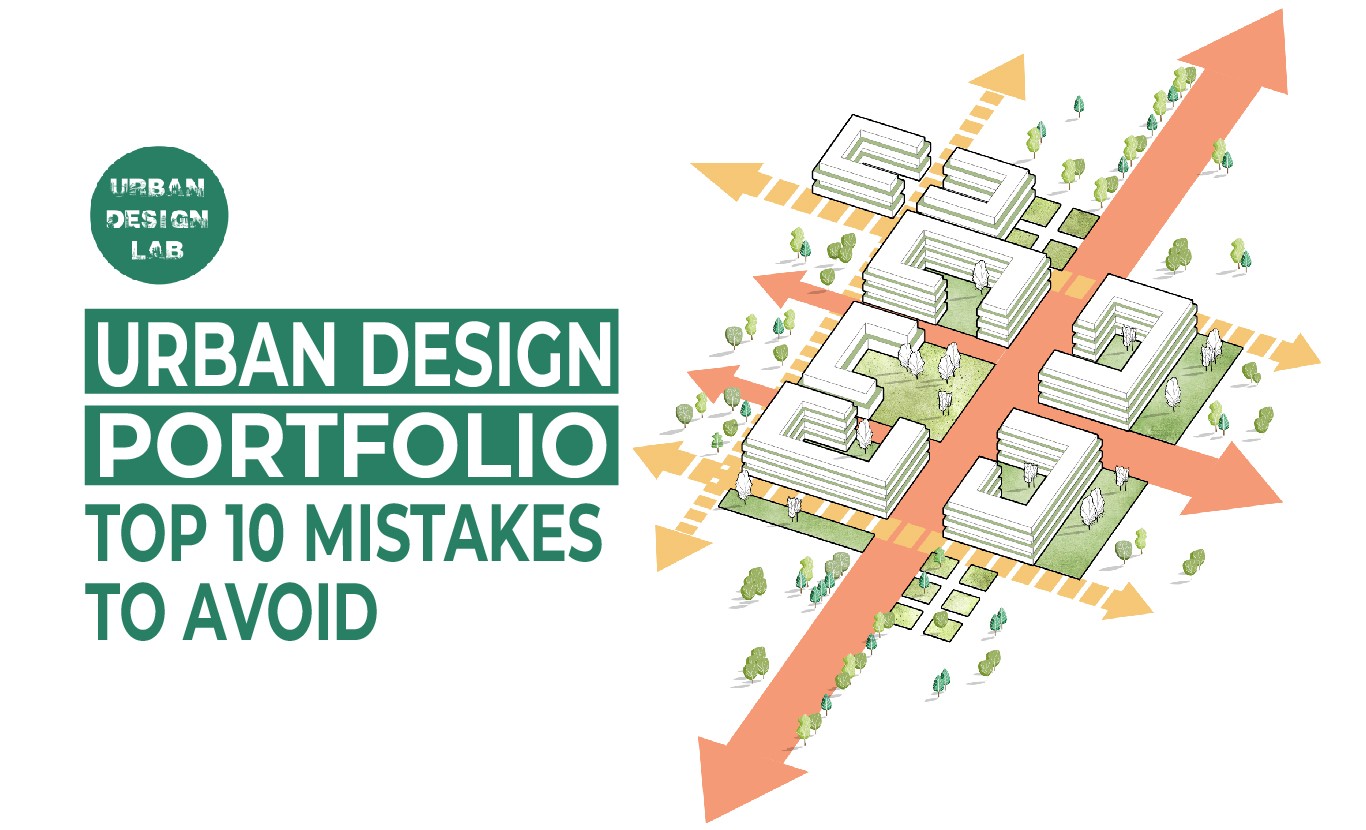
Understanding the National Budget 2023-24 for Urban Development

In recognition of the fact that cities are more crucial than ever as growth hubs, the Union Budget 2023–24 gave careful consideration to India’s orderly urban development. Needless to mention, Indian cities are facing an array of challenges as the population continues to grow and urbanise. It is estimated that by 2050, around 68 per cent of the world’s population will be living in urban areas, the United Nations noted in 2018. In India, the urban population is projected to reach 600 million by 2031, according to the Union Ministry of Housing and Urban Affairs.
With this rapid urbanisation, Indian cities are facing a range of challenges, including housing shortages, inadequate infrastructure and environmental degradation. The government recognised the importance of addressing these challenges and placed a strong emphasis on urban development in the last budget.
It suggested a range of solutions to deal with these problems. Among them was the formation of a high-level committee composed of economists, institutions, and urban planners to direct the development. The budget also emphasised the need for a paradigm shift in development with a focus on strengthening the capacity-building system in Indian cities. Alongside focusing on megacities, the Union Budget 2023-24 also acknowledged the need to support the development of smaller tier 2 and 3 cities in order to improve the economic potential of the country and reduce the gap between urban centres of different sizes.
Key features of budget 2023-24 for Urban Development:
The national budget of India offers numerous opportunities to strengthen Indian cities through investment in urban infrastructure and development projects. The following are some of the key opportunities offered by the national budget:
1. Urban Infrastructure Development Fund (UIDF)
Like the Rural Infrastructure Development Fund (RIDF), an Urban Infrastructure Development Fund (UIDF) will be established through the use of priority sector lending shortfall. This will be managed by the National Housing Bank, and will be used by public agencies to create urban infrastructure in Tier-2 and Tier-3 cities. A Urban Infrastructure Development Fund (UIDF) will be set up to ramp up infrastructure in tier-2 and tier-3 cities with an annual allocation of Rs 10,000 crore.
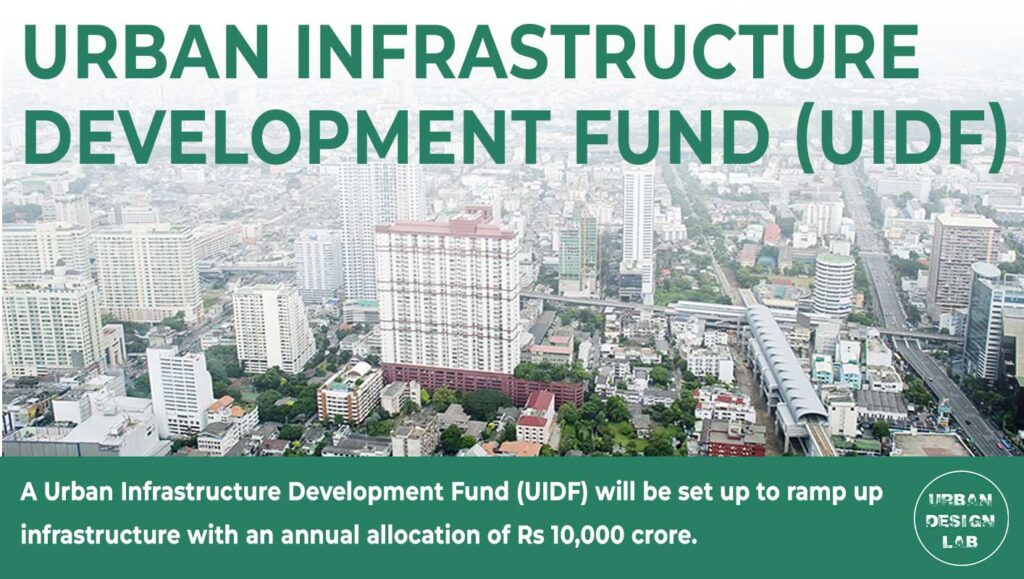
2. Funding by National Housing Bank
Public agencies will use the fund to build urban infrastructure in tier-2 and tier-3 cities. It will be established by a shortfall in priority sector loans and managed by National Housing Bank. Experts predict that this will lead to a rise in the demand for both residential and commercial property in these areas.
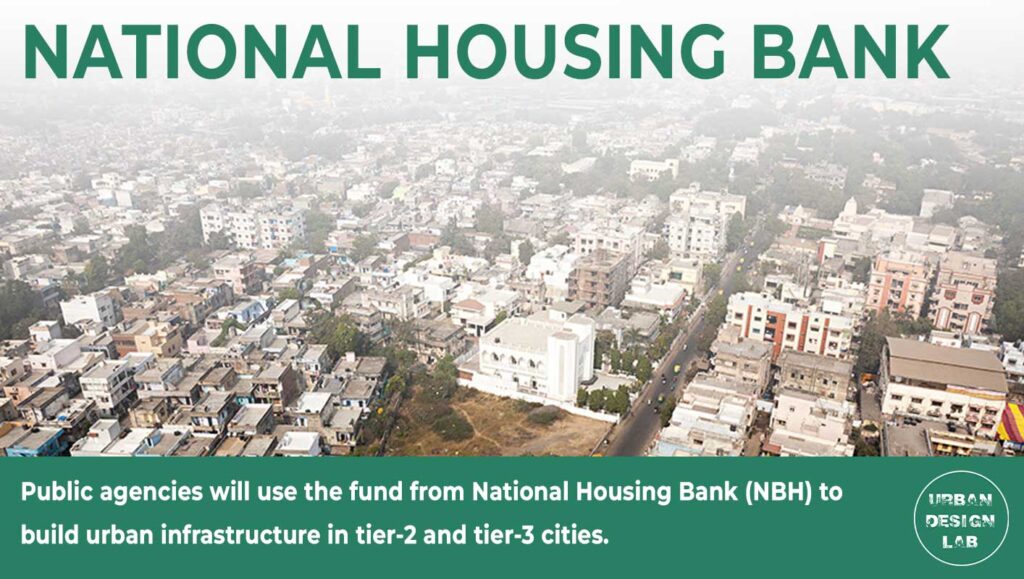
3. Transit Oriented Development (TOD)
The Centre, via the new budget reforms, aims to push cities to undertake urban planning for efficient usage of land resources and boost transit-oriented development (TOD).
TOD is a planning and design strategy that consists in promoting urban development that is compact, mixed-use, pedestrian- and bicycle-friendly, and closely integrated with mass transit by clustering jobs, housing, services, and amenities around public transport stations.
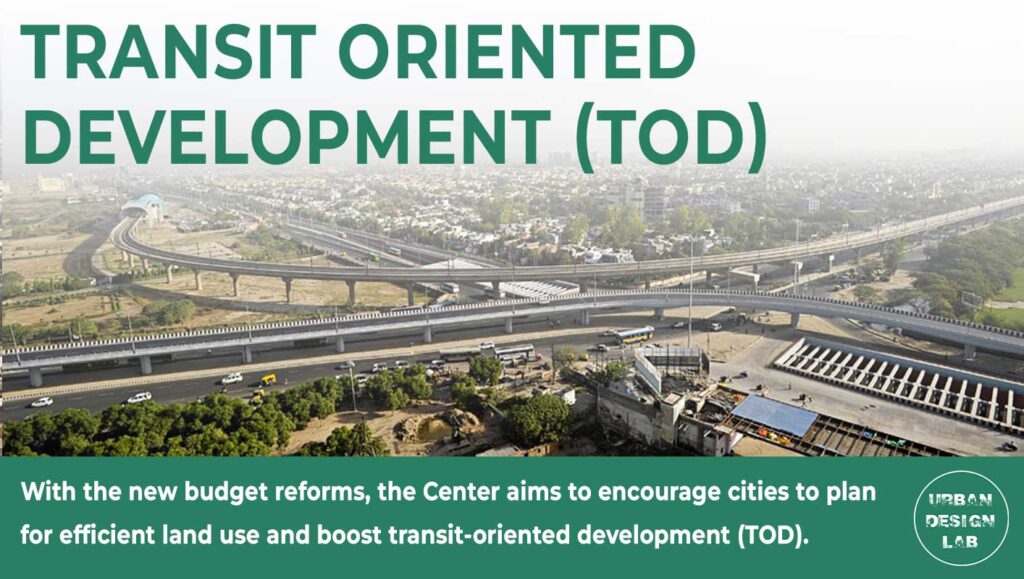
4. Municipal Bonds
Cities will be encouraged to increase their credit worthiness for municipal bonds through property tax governance reforms and ring-fencing user charges on urban infrastructure. Fund for the Development of Urban Infrastructure. All cities and municipalities will be able to completely switch their sewers and septic tanks from manhole to machine-hole mode under the new smart infrastructure initiative.
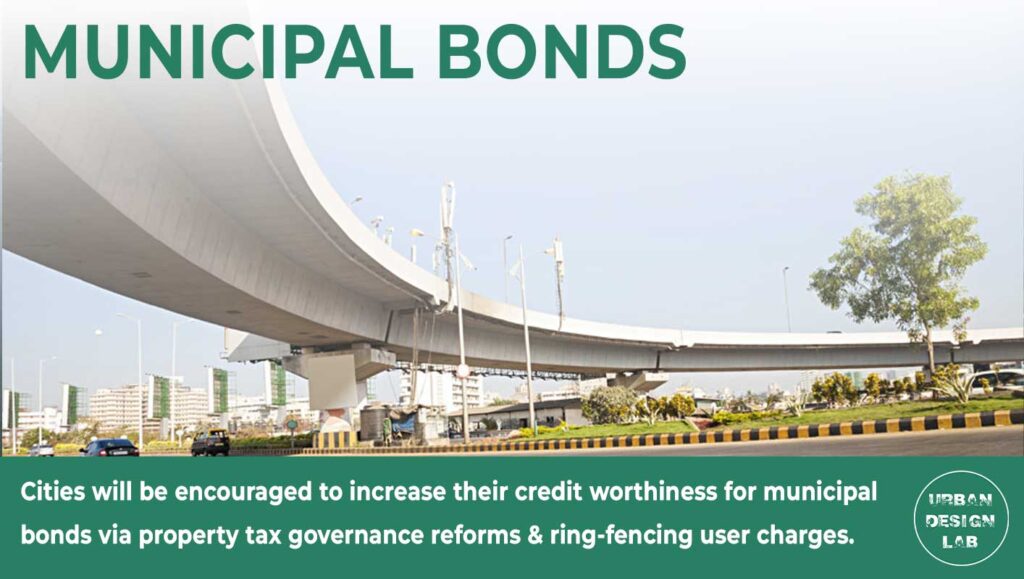
5. Sanitation Reforms in the cities
Centre aims at transitioning urban areas from ‘manhole to machinehole mode’ which will replace human with machineries for desludging septic tanks and sewers. All cities and towns will be enabled for 100 percent transition of sewers and septic tanks from manhole to machine hole mode.
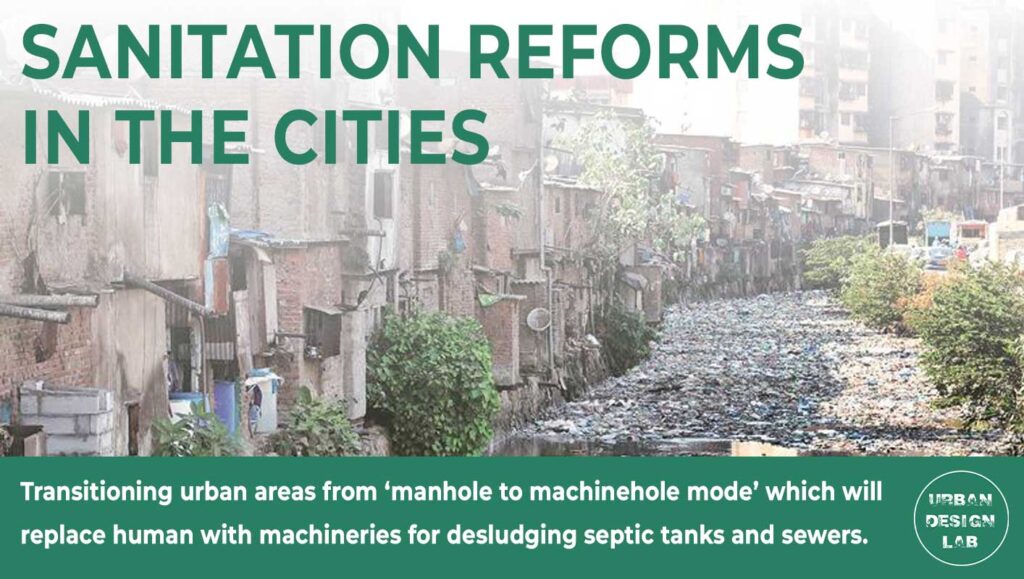
6. PM-SVANidhi for street vendors
PM Street Vendor’s AtmaNirbhar Nidhi (PM SVANidhi) is a Special Micro-Credit Facility launched by Ministry of Housing and Urban Affairs, for providing affordable loans to street vendors. Facilitates collateral free Working Capital loans of upto Rs 10,000 for one year tenure. In the new budget, Rs 468 crore is sancioned for PM SVANidhi.
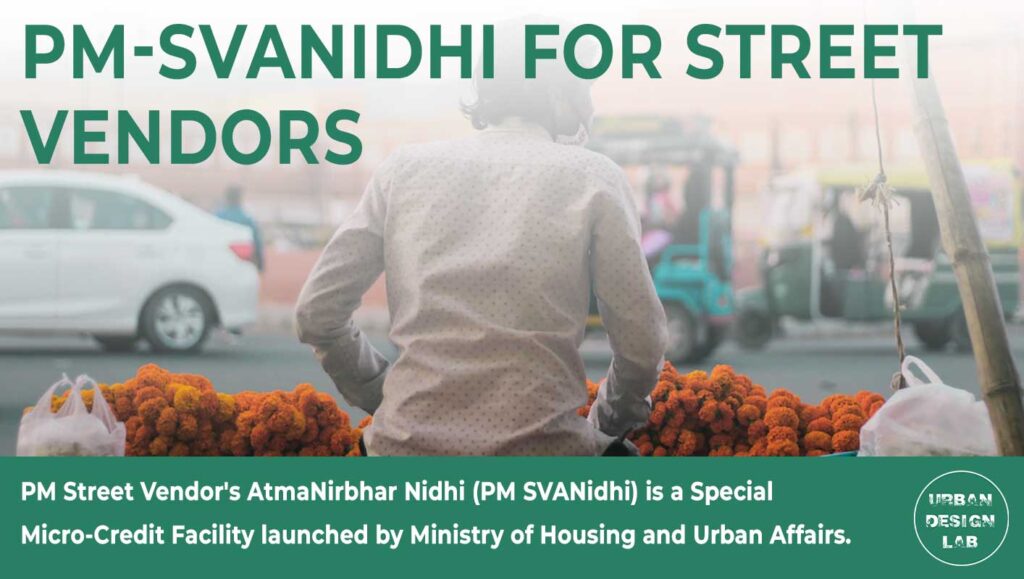
7. Pradhan Mantri Awas Yojana (PMAY)
Pradhan Mantri Awas Yojana is an initiative by the Government of India in which affordable housing will be provided to the urban poor with a target of building 2 crore affordable houses by 31 March 2022.
The central government has increased the PM Awas Yojana by 2023 percent in budget 66. Now the budget under this has been increased to Rs 79000 crore. This budget will help in increasing the number of houses. The Finance Minister has also added Rs 15,000 crore for tribals under the Vishwakarma Skill Development Scheme.
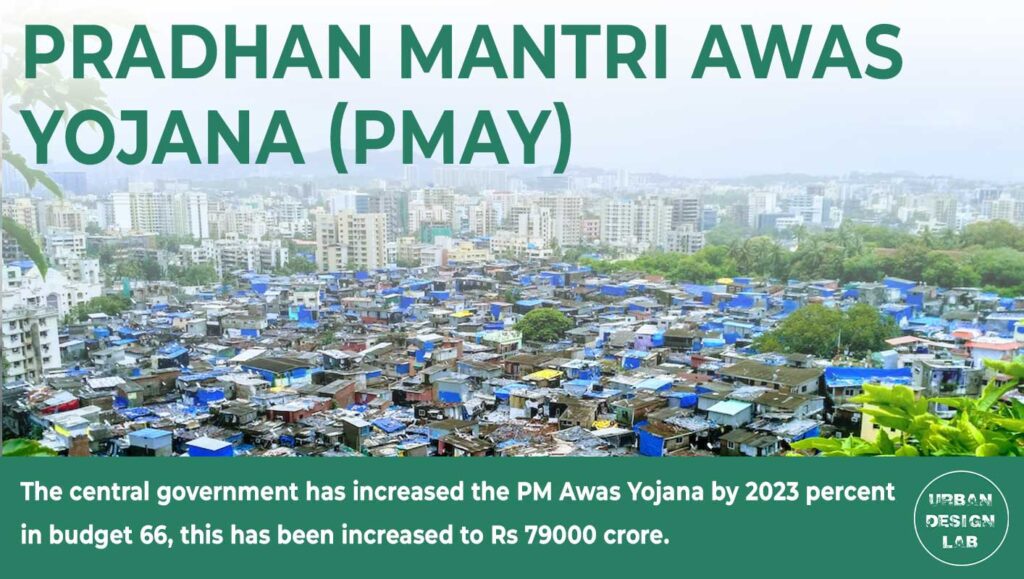
8. Lifestyle for Environment (LiFE)
Lifestyle for Environment (LiFE) aims to spur a movement of environmentally conscious lifestyle and move forward firmly towards achieving net-zero carbon emission by 2070.
Focus will increase on the built environment, green buildings, eco-friendly spaces, adoption of renewable energy and e-mobility. Urban Local Bodies can promote low-carbon municipal service delivery through resource efficiency and management of water, solid waste and liquid waste. Investment in solar and wind energy along with hydrogen power initiatives will need policy support from government and greater private sector participation.
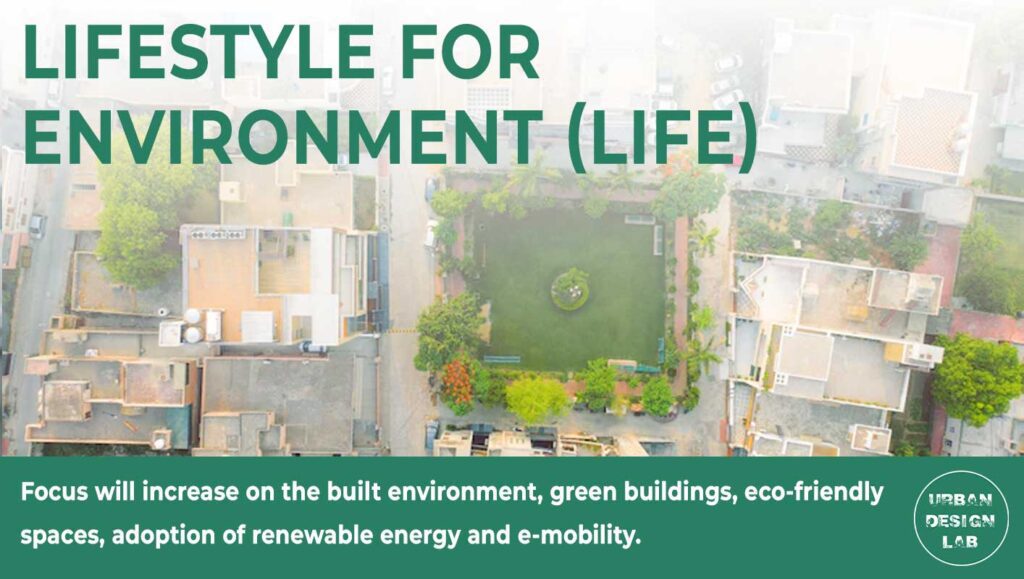
9. Galvanising Organic Bio-Agro Resources Dhan (GOBARdhan)
Galvanising Organic Bio-Agro Resources Dhan (GOBARdhan) scheme aims to establish 500 new ‘waste to wealth’ plants promoting a circular economy with an investment of Rs 10,000 crore.
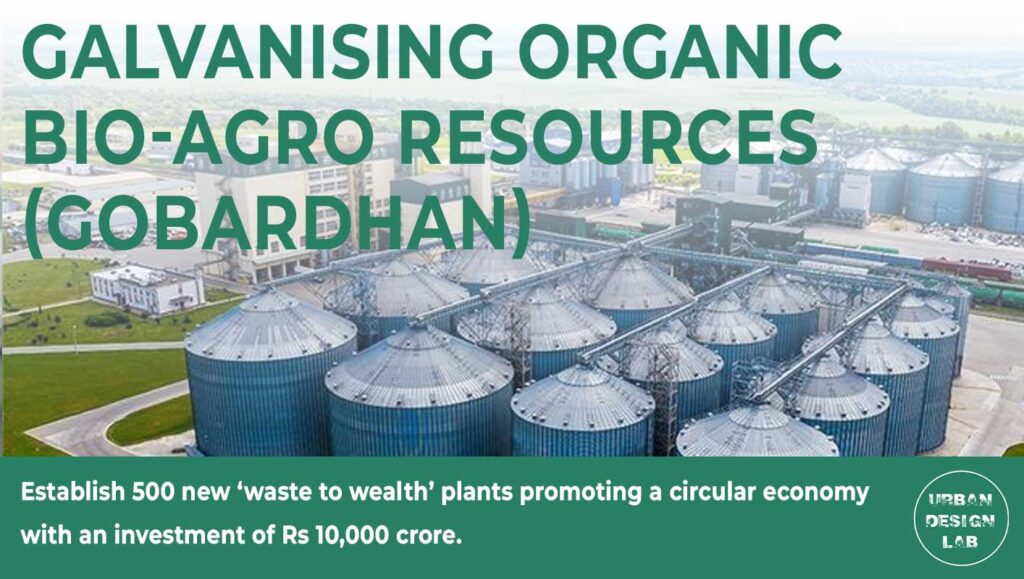
10 Mangrove Initiative for Shoreline Habitats & Tangible Incomes (MISHTI)
Mangrove Initiative for Shoreline Habitats & Tangible Incomes (MISHTI) scheme is aimed at preserving mangroves and planting them along the coastline and on the salt pan lands through convergence between MGNREGS and CAMPA Fund.
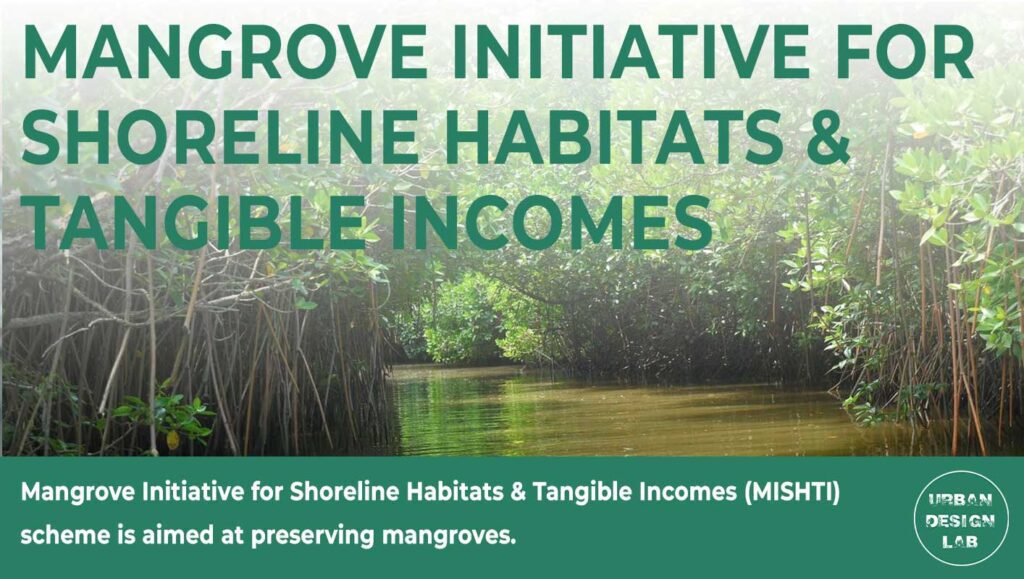
Conclusion:
In conclusion, the national budget of India offers numerous opportunities to strengthen Indian cities and improve the quality of life for their residents. By investing in urban infrastructure, supporting smart city initiatives, promoting sustainable development, encouraging public-private partnerships, providing tax incentives, and investing in urban governance, the national budget can help ensure that Indian cities are able to meet the challenges and opportunities of the 21st century.

Urban Design Lab
About the Author
This is the admin account of Urban Design Lab. This account publishes articles written by team members, contributions from guest writers, and other occasional submissions. Please feel free to contact us if you have any questions or comments.
Related articles


Architecture Professional Degree Delisting: Explained
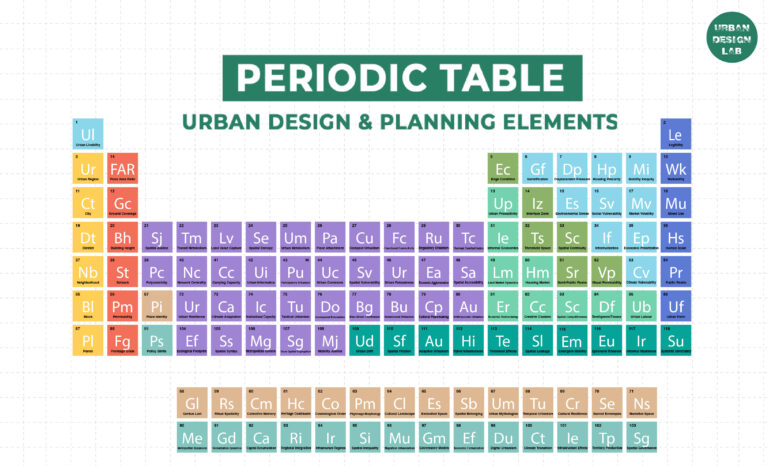
Periodic Table for Urban Design and Planning Elements
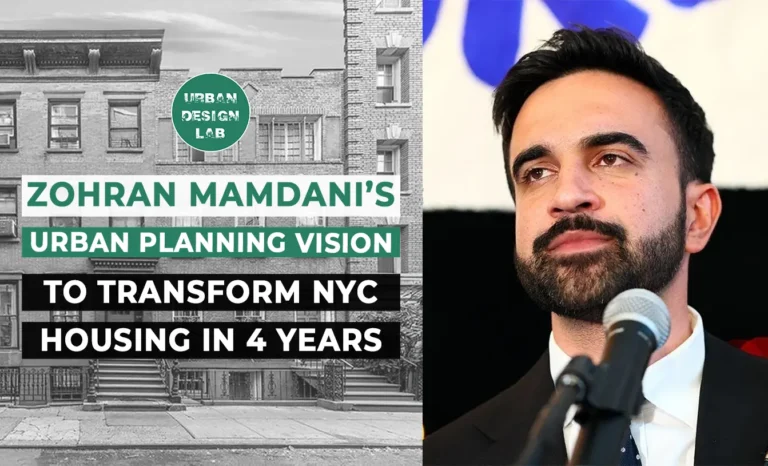
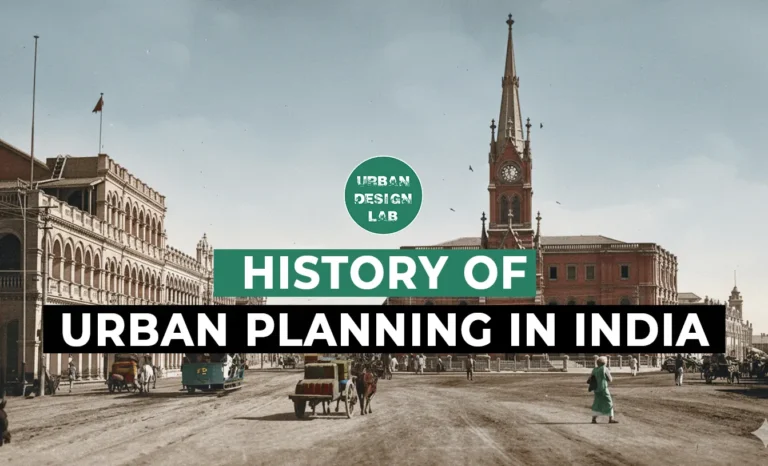
History of Urban Planning in India
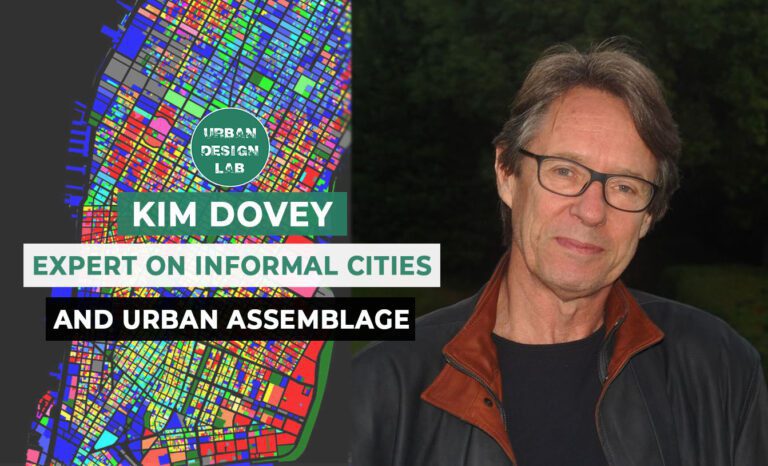
Kim Dovey: Leading Theories on Informal Cities and Urban Assemblage
UDL GIS
Masterclass
GIS Made Easy – Learn to Map, Analyse, and Transform Urban Futures
Session Dates
23rd-27th February 2026

Urban Design Lab
Be the part of our Network
Stay updated on workshops, design tools, and calls for collaboration
Curating the best graduate thesis project globally!

Free E-Book
From thesis to Portfolio
A Guide to Convert Academic Work into a Professional Portfolio”
Recent Posts
- Article Posted:
- Article Posted:
- Article Posted:
- Article Posted:
- Article Posted:
- Article Posted:
- Article Posted:
- Article Posted:
- Article Posted:
- Article Posted:
- Article Posted:
- Article Posted:
- Article Posted:
- Article Posted:
Sign up for our Newsletter
“Let’s explore the new avenues of Urban environment together “


